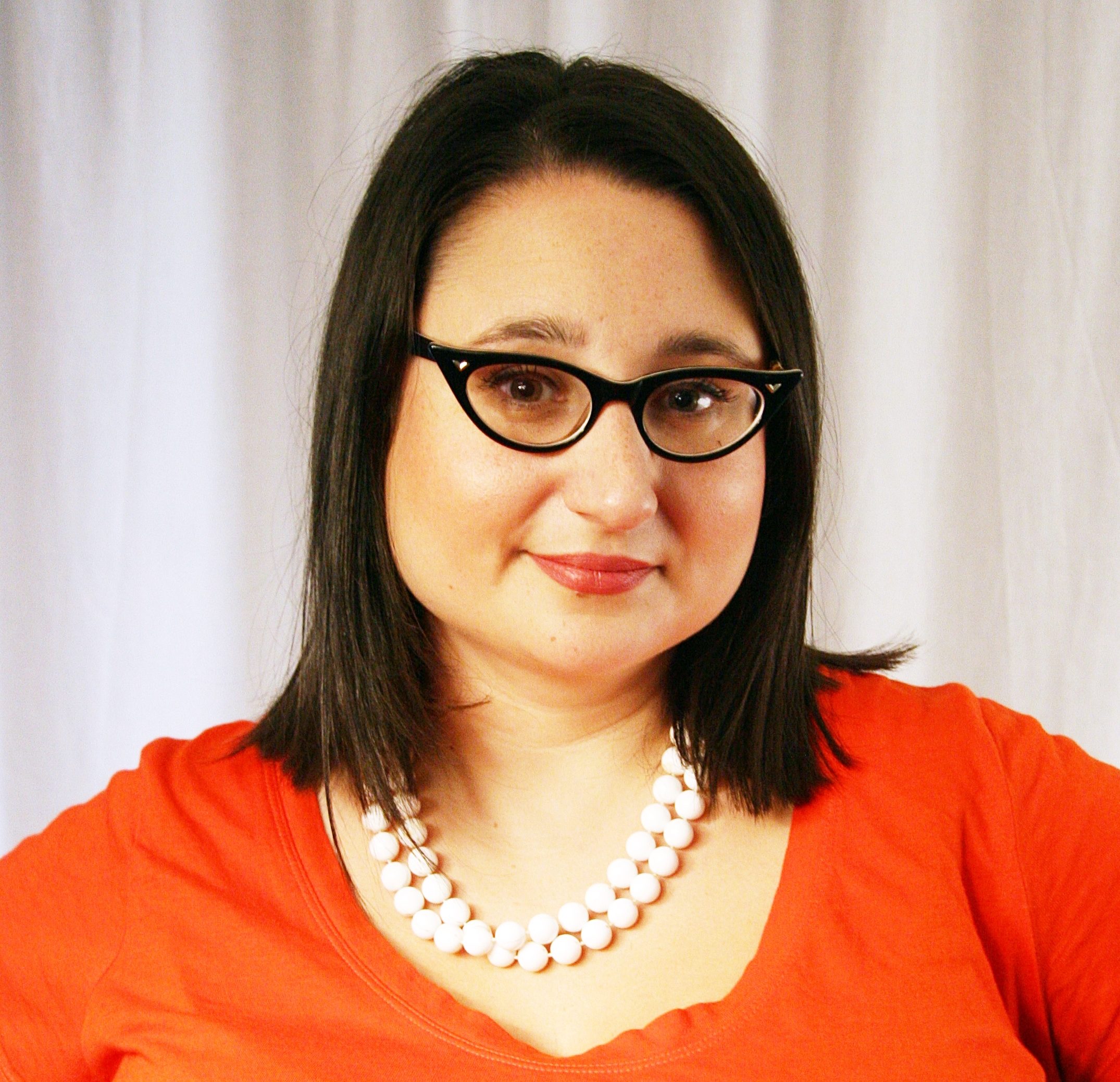If Garfield cartoons have taught us two things, it’s that lasagna is delicious, and that Mondays should be the worst day of the week. But that doesn’t have to be the case, and the key to having a better Monday actually starts during the weekend.
Over the course of five years, while Benjamin Spall conducted more than 300 interviews for his book, My Morning Routine, he picked up a few tips from highly accomplished people like Bill Gates and Jeff Bezos, including what they do over the weekend to make their Mondays more productive. Even though most of us don’t have the financial resources of a Tim Cook or Mark Cuban, much of what they do is more about shifting priorities rather than spending money. Here are three strategies anyone can try:
Prioritize what energizes you
Though it would be great to be able to take recharging weekend trips, that’s not realistic every weekend. Fortunately, there are plenty of ways to take a break from your weekday routine that don’t involve hopping on a plane. This could involve everything from having a leisurely Saturday morning breakfast, to curling up on the couch with a good book, or making time for a lengthier meditation session, Spall writes on CNBC.
For example, Gates likes to unplug and slow down on his weekends. “Playing bridge is a pretty old-fashioned thing in a way that I really like,” he said in a Reddit AMA session in 2014. “I was watching my daughter ride horses this weekend and that is also a bit old fashioned but fun. I do the dishes every night — other people volunteer, but I like the way I do it.” Richard Branson takes a slightly more active approach: He told The Telegraph that he prefers to spend his Sundays doing more physical things, like paddleboarding, boat racing, and rock jumping.
Spending some time alone can also be energizing, and Spall says that highly successful people tend to use at least part of the weekend to reflect and meditate on what is important to them, including their goals and how they plan to achieve them. One study out of Harvard University found that people who spent 15 minutes reflecting at the end of the day had higher levels of performance than their colleagues who did not take the time to reflect on a daily basis.
Finally, for some people, spending time with their families, partners, or friends is important, but not necessarily something they have time for Monday through Friday. The weekend is the perfect time to prioritize connecting with your loved ones.
Get your chores done
After a long week at work, the last thing you probably want to do is spend your precious weekend hours catching up on your laundry or dishes, but it’s better to get them done when you have the time. The more you let things pile up — literally and figuratively — the more stress-inducing they become, and household chores and errands are no exception.
Spall notes that it’s also important to prioritize getting at least some of your household work done on the weekdays so your Saturdays and Sundays aren’t completely taken over by cleaning and paying bills. A good place to start is with one of our Thrive Microsteps (too-small-to-fail incremental behavioral changes that can make a big difference): spending just a few minutes each evening cleaning or decluttering. Tidying up before bed not only helps you remove unnecessary distractions like devices from your bedroom, but it also makes you feel like you’ve accomplished something else before you end your day.
Create a plan for the week ahead
While you don’t want to spend too much weekend time thinking about work, taking even 10 minutes on Sunday to strategize for the week ahead can help, Spall writes. Take the time to check your calendar and schedule for the upcoming week so you’re able to waltz into the office on Monday feeling confident and prepared.
Follow us here and subscribe here for all the latest news on how you can keep Thriving.
Stay up to date or catch-up on all our podcasts with Arianna Huffington here.


